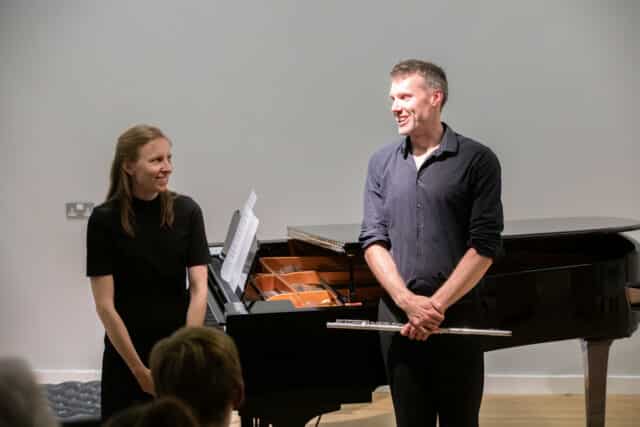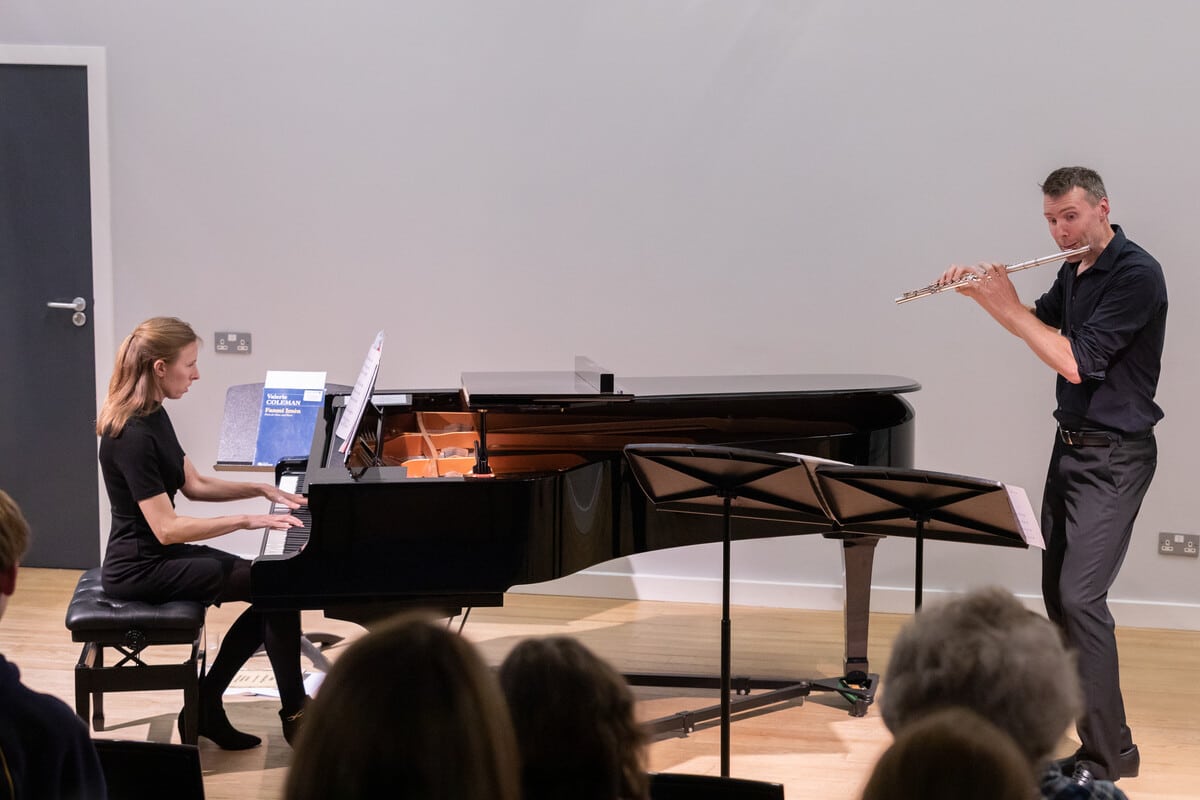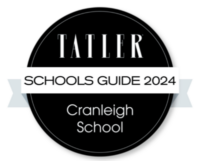The simplicity of the idea behind Dr Andrew Thomas’s flute recital belied the complexity of its content; two mix-tapes (for the younger generation, read ‘playlists’) of music drawn from contrasting compositional styles, and featuring music by a wide range of composers. Presented without programme notes until after the recital, and cleverly blending and linking disparate genres and styles, the common threads were (loosely) dreams and nature, and the clear messages were (firstly) that music speaks for itself without us needing to know too much about it beforehand, and (secondly) that the musical experience is more important than the gender of the composer, or the colour of their skin: music is a universal language that binds us all together. The musical and cultural diversity that this recital presented was a wonderful example of the riches to be discovered when a performer applies deep musical curiosity and an adventurous spirit to an imaginative and intellectual approach to programme planning, and it was very much en pointe with the Music Department ethos.
Dr Thomas is something of a polymath, and the musical threads, links, recurrent motifs and strands that came together highlighted considerable thought and imagination (even extending to a brief foray into song – Schumann’s Aug einer Burg), and always supported by sensitive piano accompaniment from his wife Rachael Thomas, whose discrete and musical playing was notable throughout, particularly in her piano solo from Prokofiev’s Vision Fugitives.
Dr Thomas is at his best in virtuosic contemporary music, with his handling of extended techniques, timbre and sonority illustrating the full range of the flute’s capabilities, and his own considerable technique. His attention to the musical detail was forensic; taut rhythms and clarity of articulation a real hallmark, and – for attentive pupils – a masterclass in being faithful to the score and the composers’ intentions. They were at their best as a duo in Messiaen’s Le Merle Noir, Robert Dick’s Fish Are Jumping was a vibrant illustration of modern 12-bar blues infused with extended techniques, and immediately captured the audience’s attention, and two other pieces stood out for me; Rhian Samuel’s Ariel, and Dr Thomas’s own Song of Love; the influence of one over the other palpable: the former taught the latter composition at university.
This was a hugely enjoyable flute and piano recital that challenged perceived ways of presenting repertoire, celebrated musical diversity in all its forms, and highlighted the exceptional and multi-faceted talents of one of our members of staff. It was a fitting end to our concert series season.
Mr Richard Saxel, Director of Music













